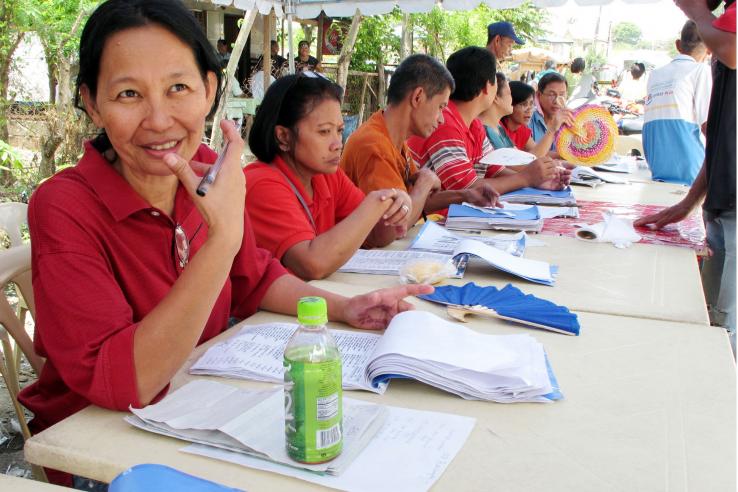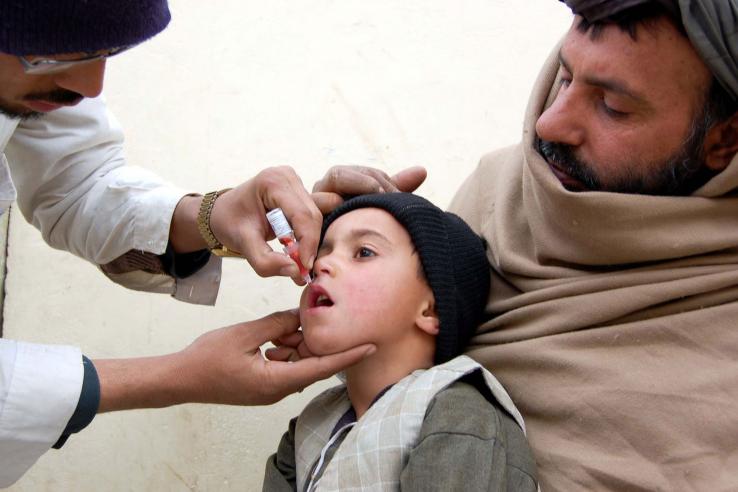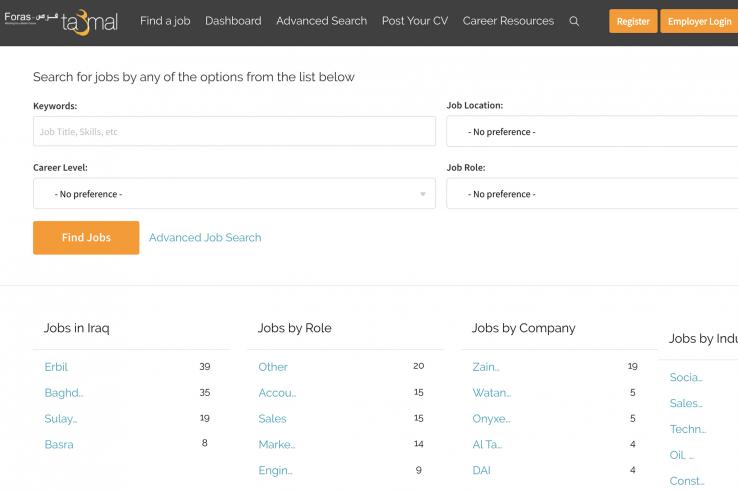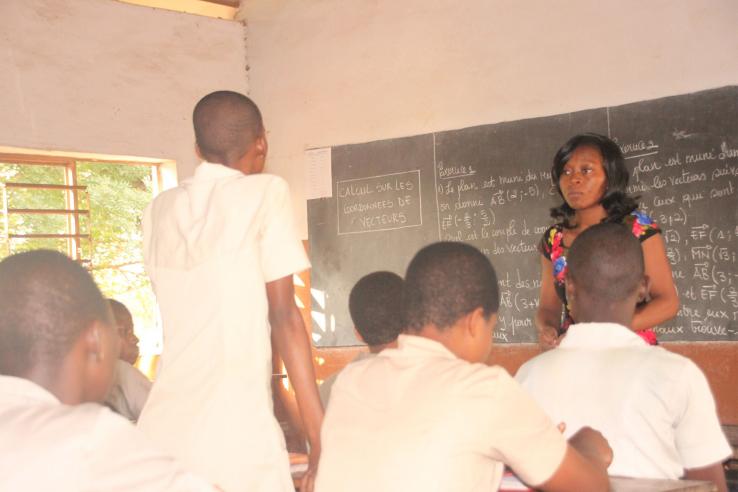Displaying 2056 - 2070 of 8331
Evaluation
Researchers conducted a randomized evaluation to test the impact of regular informational text messages to parents on children’s academic performance. The intervention improved math grades and attendance, although it did not impact negative classroom behavior on average. These effects were generally largest for those at highest risk of dropout.
Evaluation
Can using technological innovations for monitoring improve the administrative implementation of social protection programs? In partnership with the Ministry of Rural Development in two states in India, researchers conducted a randomized evaluation of a new internet- and mobile-based management and monitoring platform, PayDash, to improve the administration of MGNREGS, a large workfare program in India. Platform access significantly reduced wage payment delays in areas with worse baseline performance and its use was higher when senior officials were also provided access.
Evaluation
Researchers examined the informational, behavioral, and monetary drivers behind takeup of residential energy efficiency audits and subsequent investments in Wisconsin. While receipt of promotional letters and subsidies did induce higher rates of audit participation, overall takeup and investment in energy efficient home solutions remained low and realized energy savings fell short of predicted models.
Evaluation
Researchers partnered with two political parties in the Philippines to evaluate the effect of deliberative campaigns on voter turnout and vote shares. While deliberative town halls did not increase voter turnout, results suggest that they were effective in increasing vote shares by changing voters’ attitudes and making the party’s platform more persuasive among specific societal groups.
Evaluation
Researchers conducted a randomized evaluation to study the impact of a large-scale Community-Led Total Sanitation (CLTS) program in Indonesia on sanitation practices, attitudes towards open defecation, and child health. When implemented by external resource agencies instead of local governments, CLTS increased toilet construction, reduced roundworm infestations among children under five, and decreased tolerance of open defecation.
Evaluation
Polio is endemic in Pakistan, and vaccination campaigns often suffer when government health workers hired to administer the vaccine underperform. Researchers introduced individualized bonus contracts to health workers to evaluate the impact of time preferences on vaccine delivery and quality of service. Relative to those with random contracts, vaccinators with tailored contracts provided significantly smoother service.
Evaluation
Researchers introduced two programs during peak consumption hours—text messages encouraging energy conservation for the benefit of society, or price increases—to evaluate the impact of social motivation and dynamic pricing on energy conservation. Both programs led to reductions in electricity use, but the impacts of the dynamic pricing were larger and persisted for longer than the impacts of the social motivation messages.
Evaluation
In Kenya, researchers are studying the impacts of a program that combines vocational training with one-time cash grants to boost youth employment and entrepreneurship.
Evaluation
Researchers evaluated the whether providing objective information helps jobseekers target better-suited jobs.
Evaluation
Researchers are evaluating the impact of temporary supplemental math teachers on girls’ numeracy skills, professional aspirations, and early career labor market outcomes.
Evaluation
Researchers are evaluating the impact of providing information on national rank and scholarships can reduce dropout among high-performing students.
Evaluation
To test this theory, researchers evaluated a multi-faceted approach aimed at improving long term income of the ultra-poor in multiple countries, including Yemen.
Evaluation
In the Philippines, researchers conducted a randomized evaluation to measure the impact of an evangelical Protestant religious values and theology education program on individuals' economic and subjective wellbeing.










